A Cambrian explosion of news startups is coming
There has never been a better time to start a news organization. The stars are aligning to make next year a Gutenberg-scale moment that rebuilds the foundation of our news ecosystem.
Sure, people have made similar claims since the dawn of the Internet. What’s different today is that new business models, new tools, and a growing sense of necessity are combining to tilt the playing field back toward publishers who deliver unique value to the communities they serve.
The rise of social media and digital advertising giants forced media businesses to chase unprecedented scale to survive. The result is that most of America’s local and regional newspapers are deeply wounded or gone altogether. Many of those that remain have been gobbled up by hedge funds and national chains that regularly sacrifice the needs of their local communities to the altar of clicks and algorithms. All across America, local news is now a greenfield opportunity.
Consumers are increasingly willing to open their wallets to pay for trustworthy news that provides real value to their communities. The scourge of disinformation, increasing polarization, and other symptoms of our decimated news ecosystem also have sparked investments from nonprofits and average Americans who see a need to fill the gaps left by traditional media’s blind spots and want to foster the kind of news gathering and accountability journalism that is essential to protecting American democracy.
Most importantly, new technological tools and new business models mean massive scale is no longer essential to building a sustainable media company. The all-digital media businesses that launch today can be more nimble, free from legacy integrations with arcane print systems or the profit demands of hedge funds and other big-money investors. These relatively affordable new tools, platforms, and business models allow publishers to thrive with tens or hundreds of thousands of subscribers instead of millions of clicks.
Instead of raising money from Wall Street or depending on the social media space of Silicon Valley tech giants, the new path to sustainability is building direct connections with your community and deep engagement with people who care about what you’re doing. Journalists can maintain editorial control and grow their businesses on their own terms when they own and control their digital home, along with the email lists, subscriber information, and metrics that go with them.
New startups and unique media business models around the country are finding success in experimenting around different geographic scales, where “local” is defined not simply by where a kid lobbing papers from a bicycle can reach. New partnerships are bringing together statewide organizations with community media.
Indeed, the next generation of local news organizations will have plenty of examples to follow, from profit to nonprofit to in-between.
The Colorado Sun was founded by ten former Denver Post journalists in 2018 and today employs more than 30 reporters and editorial staff. Veteran journalists and entrepreneurs Lauren Williams and Akoto Ofori-Atta are launching Capital B — a Black-led, nonprofit local and national news organization reporting for Black communities across the country. In Baltimore, hotel magnate Stewart W. Bainum, Jr. launched a nonprofit to sustainably expand local news coverage throughout the Baltimore metro area. His Baltimore Banner is expected to launch in 2022 with an annual operating budget of $15 million and 50 journalists.
Meanwhile, the local NPR station in Chicago, Chicago Public Media (WBEZ), is looking to rescue the Chicago Sun-Times and “create one of the largest local nonprofit news organizations in the nation and be a national model for the future of local journalism,” according to a statement from WBEZ. The combined entity would rival the venerated Chicago Tribune, which has withered under the ownership of vulture hedge fund Alden Global Capital.
While it may seem like responsible, dogged journalism is gasping for its last breath, newsrooms can and are rising from the ashes. Journalists and the newsrooms they power are needed more than ever before, and the opportunities available to start something new have never been better.
Burt Herman is CEO of Lede and co-founder of Hacks/Hackers.
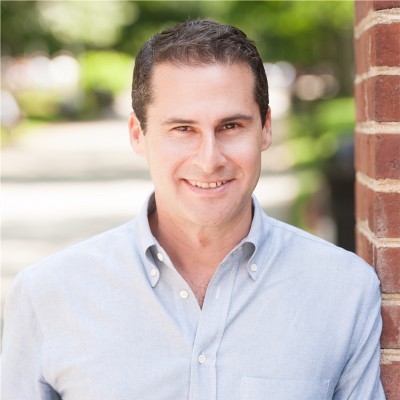
There has never been a better time to start a news organization. The stars are aligning to make next year a Gutenberg-scale moment that rebuilds the foundation of our news ecosystem.
Sure, people have made similar claims since the dawn of the Internet. What’s different today is that new business models, new tools, and a growing sense of necessity are combining to tilt the playing field back toward publishers who deliver unique value to the communities they serve.
The rise of social media and digital advertising giants forced media businesses to chase unprecedented scale to survive. The result is that most of America’s local and regional newspapers are deeply wounded or gone altogether. Many of those that remain have been gobbled up by hedge funds and national chains that regularly sacrifice the needs of their local communities to the altar of clicks and algorithms. All across America, local news is now a greenfield opportunity.
Consumers are increasingly willing to open their wallets to pay for trustworthy news that provides real value to their communities. The scourge of disinformation, increasing polarization, and other symptoms of our decimated news ecosystem also have sparked investments from nonprofits and average Americans who see a need to fill the gaps left by traditional media’s blind spots and want to foster the kind of news gathering and accountability journalism that is essential to protecting American democracy.
Most importantly, new technological tools and new business models mean massive scale is no longer essential to building a sustainable media company. The all-digital media businesses that launch today can be more nimble, free from legacy integrations with arcane print systems or the profit demands of hedge funds and other big-money investors. These relatively affordable new tools, platforms, and business models allow publishers to thrive with tens or hundreds of thousands of subscribers instead of millions of clicks.
Instead of raising money from Wall Street or depending on the social media space of Silicon Valley tech giants, the new path to sustainability is building direct connections with your community and deep engagement with people who care about what you’re doing. Journalists can maintain editorial control and grow their businesses on their own terms when they own and control their digital home, along with the email lists, subscriber information, and metrics that go with them.
New startups and unique media business models around the country are finding success in experimenting around different geographic scales, where “local” is defined not simply by where a kid lobbing papers from a bicycle can reach. New partnerships are bringing together statewide organizations with community media.
Indeed, the next generation of local news organizations will have plenty of examples to follow, from profit to nonprofit to in-between.
The Colorado Sun was founded by ten former Denver Post journalists in 2018 and today employs more than 30 reporters and editorial staff. Veteran journalists and entrepreneurs Lauren Williams and Akoto Ofori-Atta are launching Capital B — a Black-led, nonprofit local and national news organization reporting for Black communities across the country. In Baltimore, hotel magnate Stewart W. Bainum, Jr. launched a nonprofit to sustainably expand local news coverage throughout the Baltimore metro area. His Baltimore Banner is expected to launch in 2022 with an annual operating budget of $15 million and 50 journalists.
Meanwhile, the local NPR station in Chicago, Chicago Public Media (WBEZ), is looking to rescue the Chicago Sun-Times and “create one of the largest local nonprofit news organizations in the nation and be a national model for the future of local journalism,” according to a statement from WBEZ. The combined entity would rival the venerated Chicago Tribune, which has withered under the ownership of vulture hedge fund Alden Global Capital.
While it may seem like responsible, dogged journalism is gasping for its last breath, newsrooms can and are rising from the ashes. Journalists and the newsrooms they power are needed more than ever before, and the opportunities available to start something new have never been better.
Burt Herman is CEO of Lede and co-founder of Hacks/Hackers.
Alice Antheaume

Mandy Jenkins

James Green

Laxmi Parthasarathy

Millie Tran

Stefanie Murray

Anthony Nadler

Stephen Fowler

Izabella Kaminska
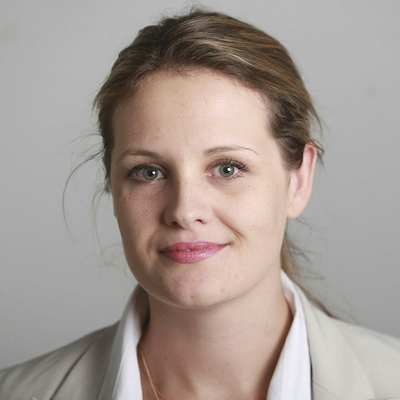
Brian Moritz

Tamar Charney

Burt Herman

Joanne McNeil

Rachel Glickhouse

Mario García
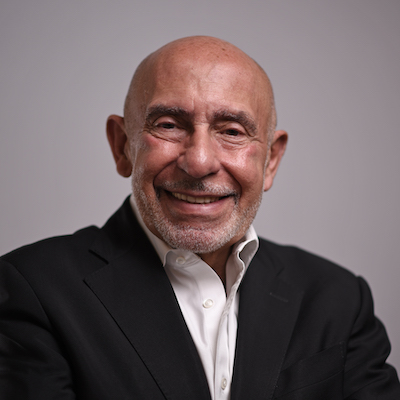
Shannon McGregor Carolyn Schmitt

Juleyka Lantigua

Julia Angwin
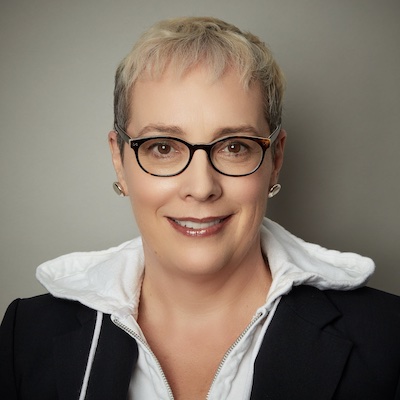
Tom Trewinnard

Jim Friedlich

Kathleen Searles Rebekah Trumble

Kendra Pierre-Louis

Matt Karolian
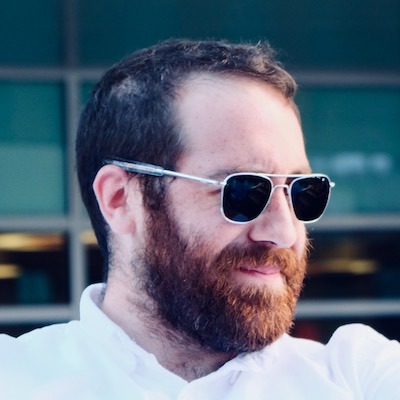
Moreno Cruz Osório

Michael W. Wagner

Ståle Grut

Meena Thiruvengadam
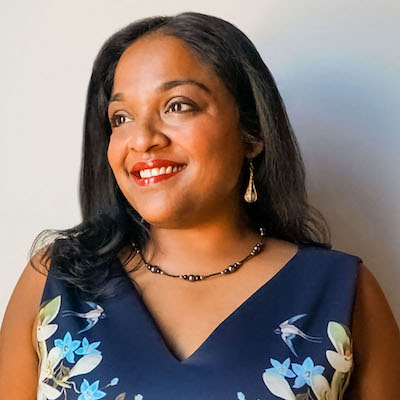
David Cohn

Andrew Freedman

Wilson Liévano
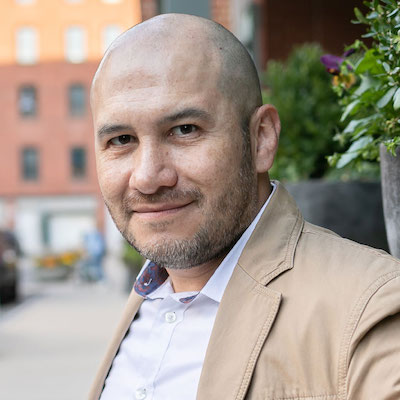
Joshua P. Darr

Cherian George
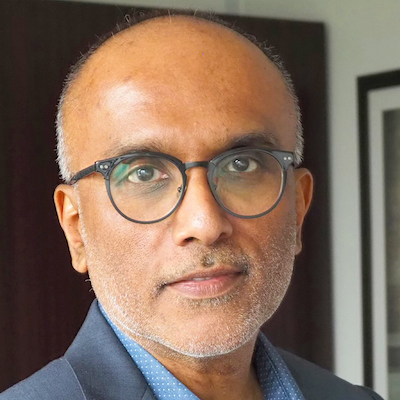
A.J. Bauer

Chicas Poderosas

Anita Varma

Whitney Phillips

Gabe Schneider

Chase Davis

Tony Baranowski

Jennifer Brandel

David Skok
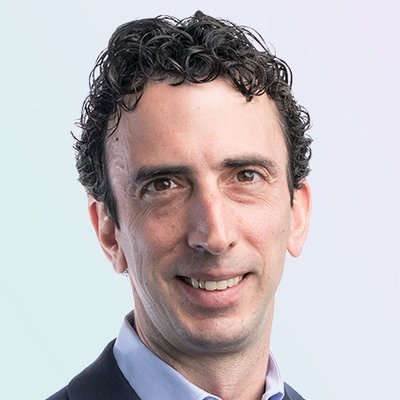
Melody Kramer

Anika Anand

Sam Guzik

Victor Pickard

Nikki Usher

S. Mitra Kalita
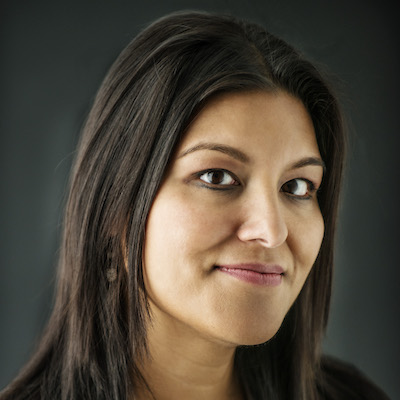
Mike Rispoli
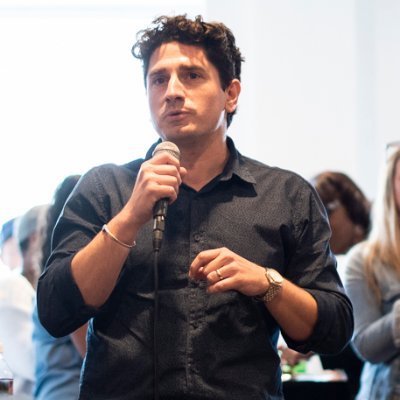
Shalabh Upadhyay

Catalina Albeanu

Christina Shih

Jennifer Coogan

Ariel Zirulnick
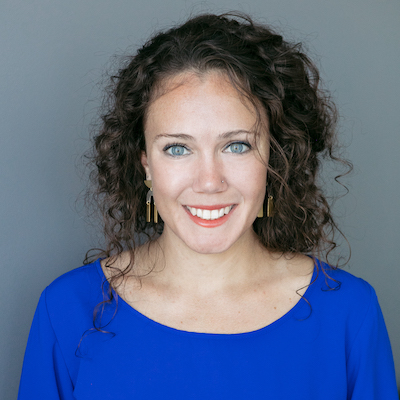
Daniel Eilemberg

Natalia Viana

Jessica Clark

Richard Tofel

j. Siguru Wahutu
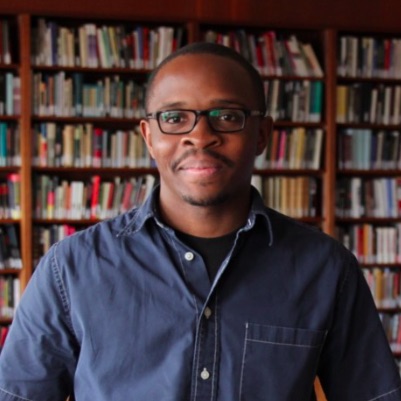
Mary Walter-Brown

Joy Mayer

Candace Amos

Sarah Marshall

Amara Aguilar

Sarah Stonbely

Kristen Jeffers
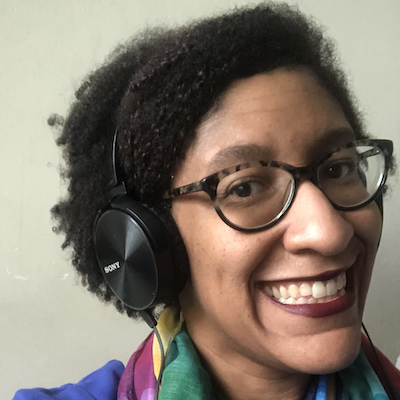
Cristina Tardáguila

Errin Haines

Kerri Hoffman
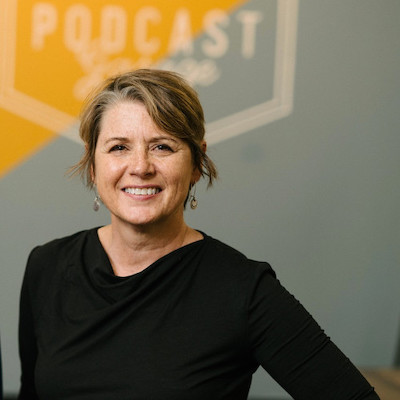
Rasmus Kleis Nielsen

Robert Hernandez

Parker Molloy

Larry Ryckman

Matthew Pressman

Megan McCarthy

Gonzalo del Peon

Zizi Papacharissi
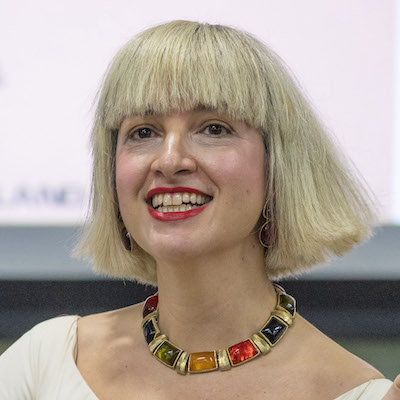
Joni Deutsch

Don Day

Kristen Muller

Matt DeRienzo

Jody Brannon

AX Mina

Amy Schmitz Weiss
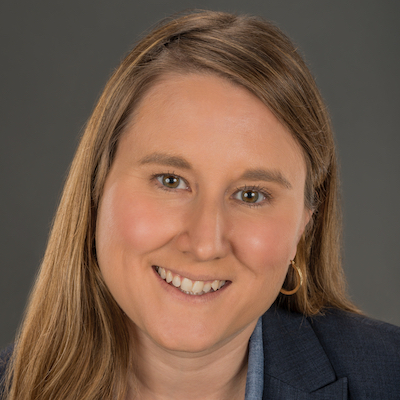
Paul Cheung

Simon Allison

Francesco Zaffarano
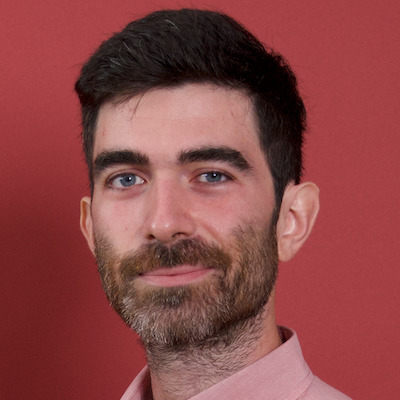
Gordon Crovitz

Cindy Royal

Raney Aronson-Rath

Jesse Holcomb

Jesenia De Moya Correa
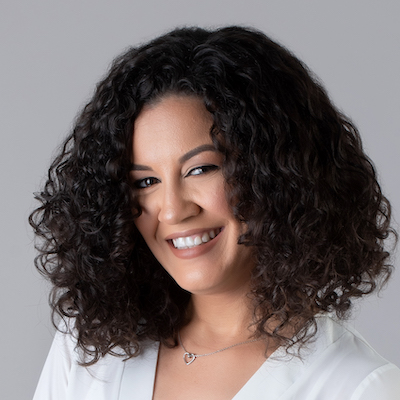
Simon Galperin

Christoph Mergerson
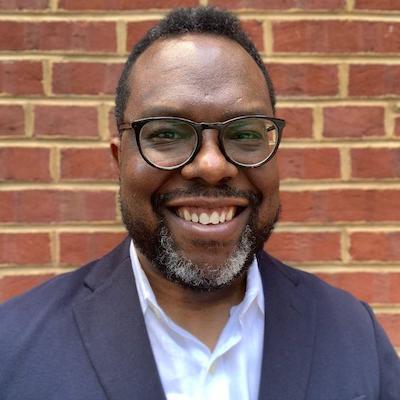
Janelle Salanga

Joe Amditis

Jonas Kaiser

Eric Nuzum

Doris Truong

John Davidow

Julia Munslow
